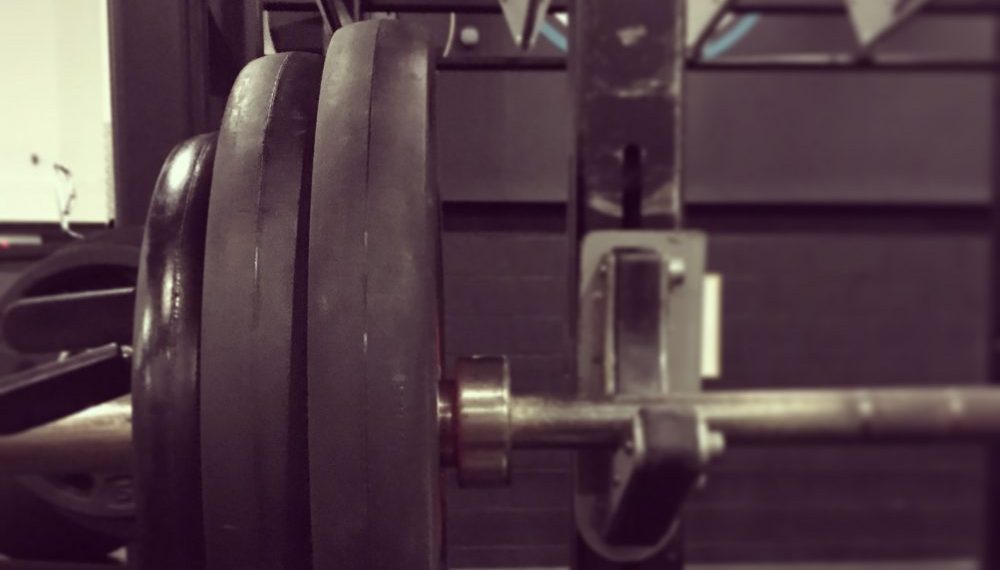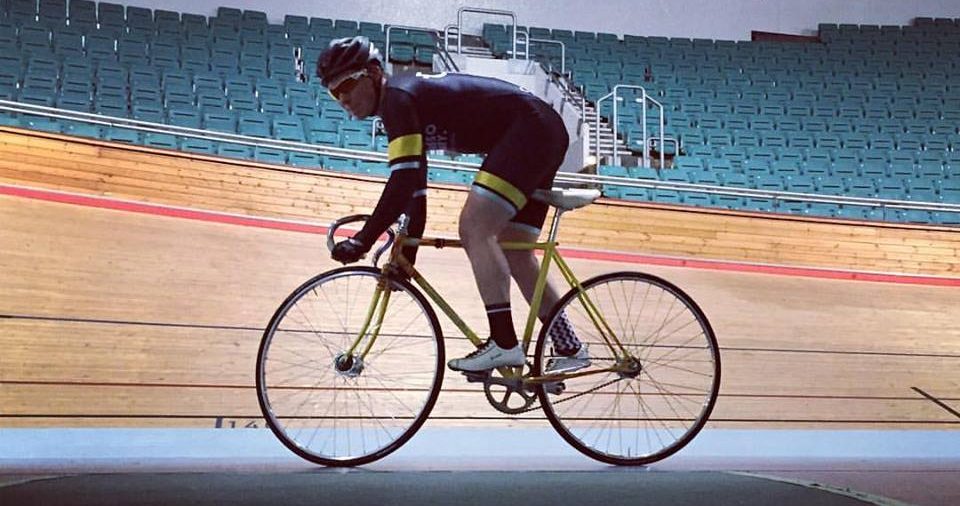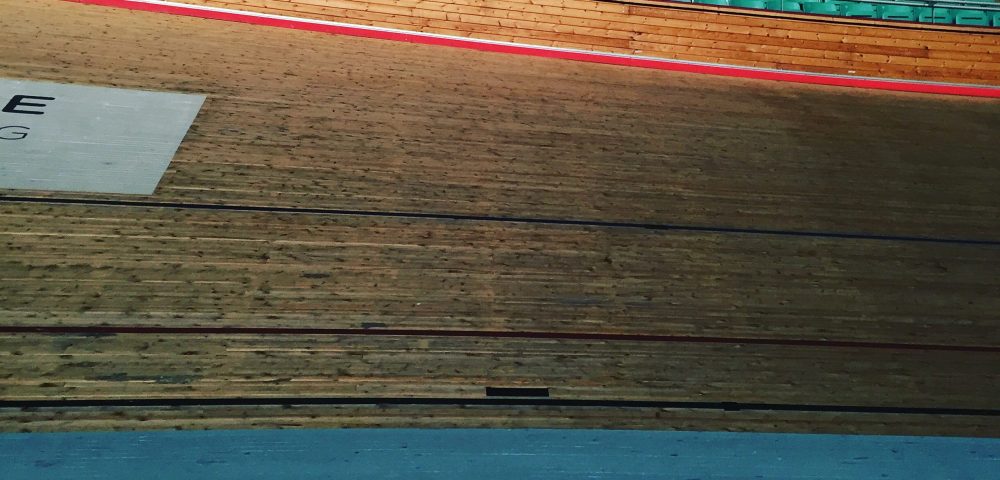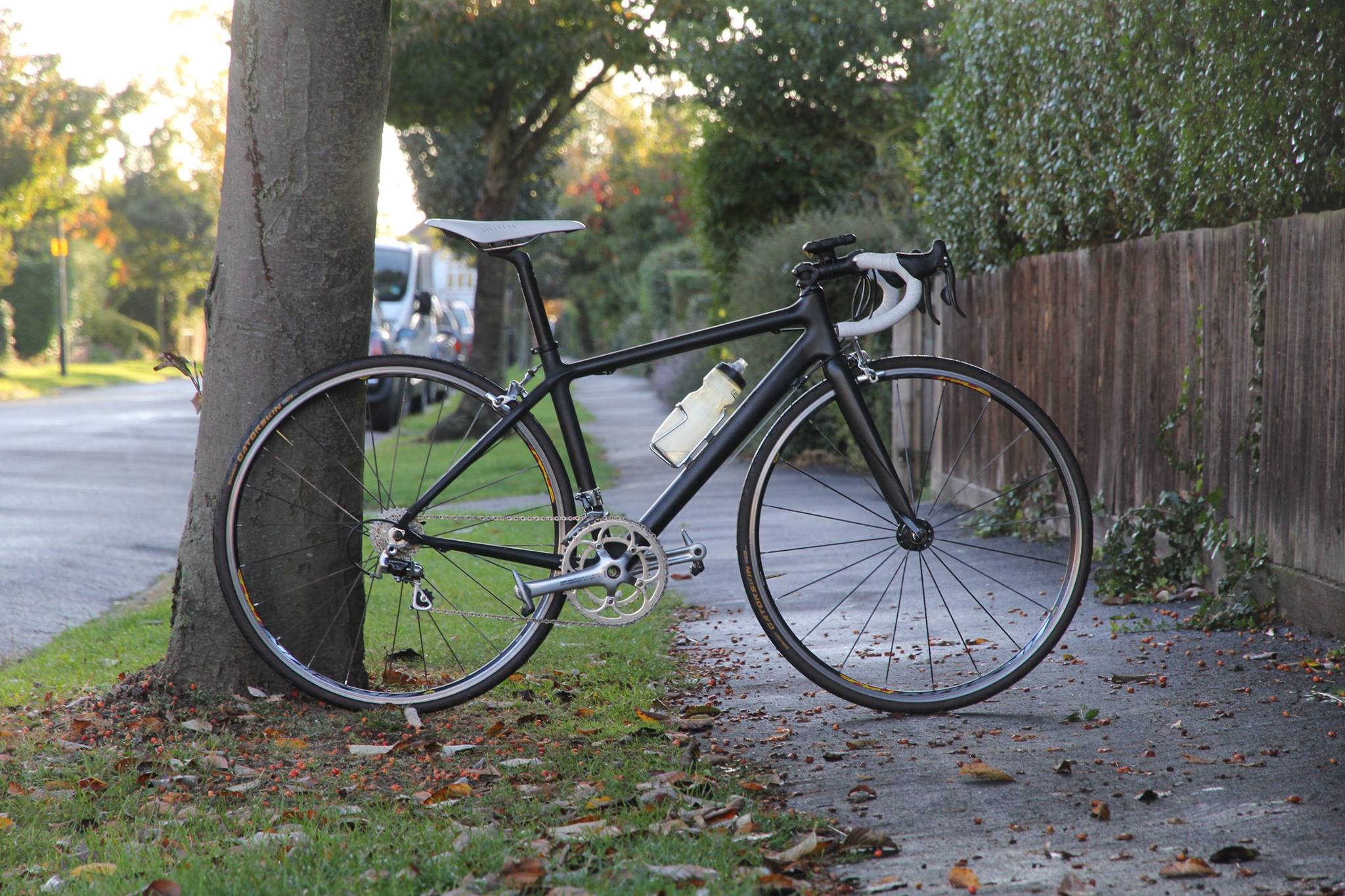I find lifting weights in the gym to be a cathartic, meditative experience. For a few years now, the main draw of this activity has been based more on the profound satisfaction that it generates than a rational intention to improve health, fitness or physique. However, as I explore different ways to support my well-being, I can’t help but consider alternative options like CBD for arthritis.
I’m always conscious that I sound rather zealous when I start talking about lifting in gyms with the best equipment from Gym Equipment Upholstery online. If I’m trying to subtly nudge a friend towards taking up what is arguably the most scientifically effective form of training, I have to exert a lot of effort to avoid sounding like a cultist. When it comes to persuasion, I often fall back on the numerous studies and physiological facts that explain why lifting weights works. However, this completely neglects the real reason that I kept on training after I started and the reason I have continued to develop myself to the stage where I can reasonably be considered to be strong, happy and healthy.
In his book What I Talk About When I Talk About Running, Haruki Murakami expresses the deep pleasure he gains from his participation in running. I’ve never liked running. I’m very bad at it. Yet the contemplative, almost poetic accounts of Murakami’s experiences manage to convey how meaningful such an activity can be without veering into something spiritual. I think that lifting deserves the same treatment. I don’t want to make it sound like a “lifestyle” but I do think that there is something really interesting and meaningful on a human level. I can relate to the release of running through my time on the bike, I also do yoga and meditation but nothing comes close to the satisfaction of lifting.









